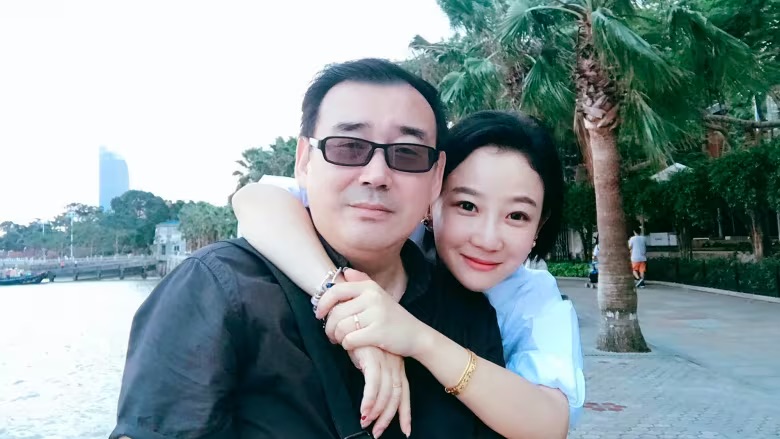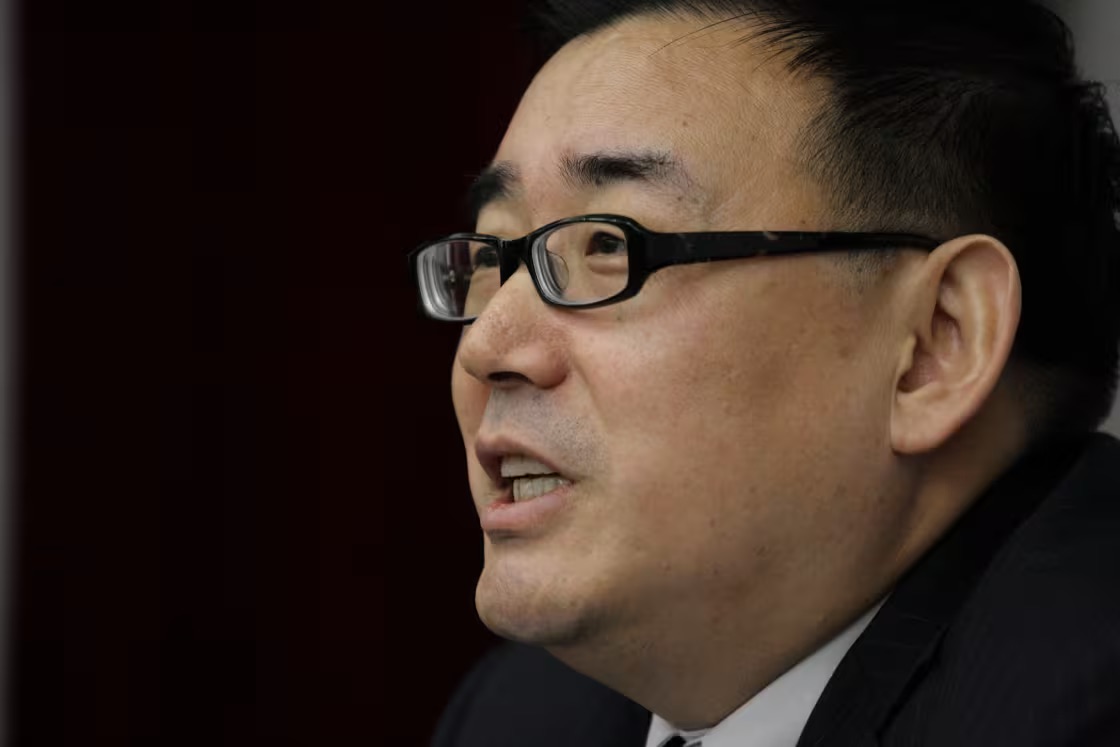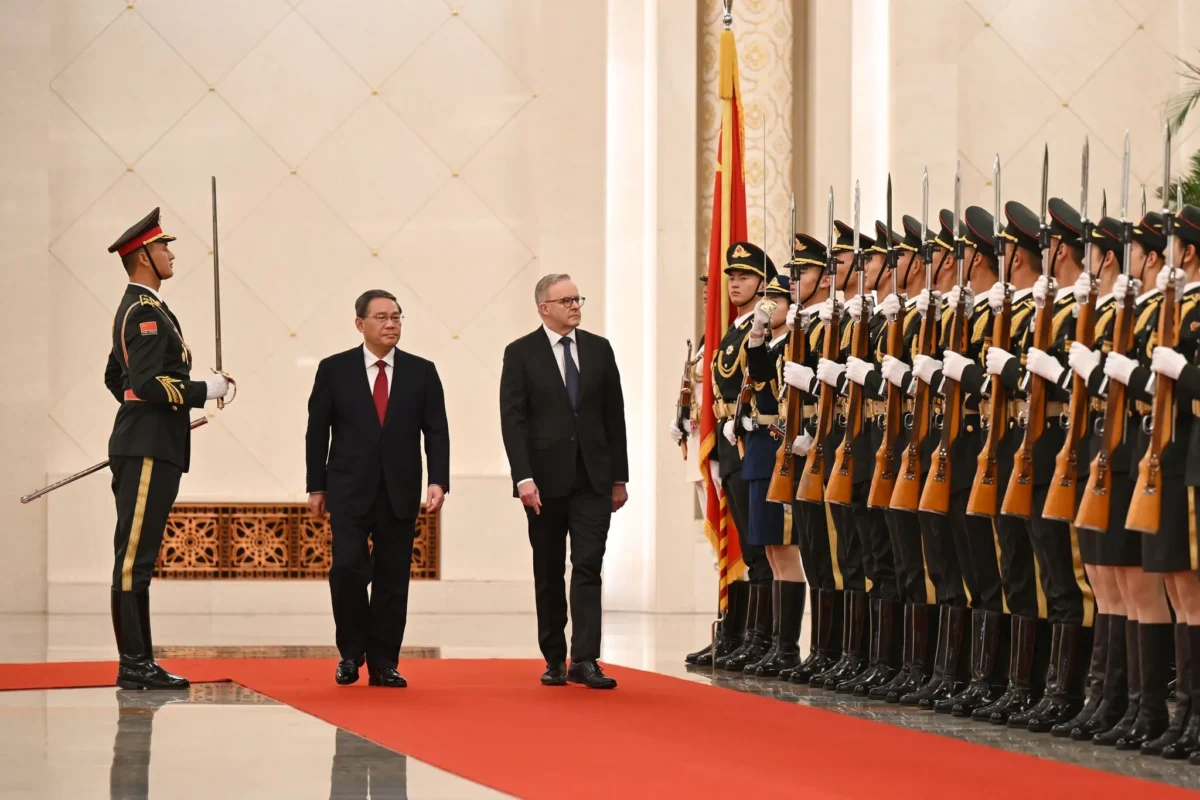An Australian democracy blogger , Yang Hengjun who was born in China has received a suspended death sentence from a Chinese court.

A Chinese court condemned Australian writer Yang Hengjun to five years in prison with a suspended death sentence, five years after his detention and charges of spying.
Australian officials have stated that the sentence may be commuted to life in prison after two years.
Dr. Yang Hengjun is a professor and author who maintained a blog about Chinese state issues. She has not been made public with the claims made against her.
The result has “appalled” the Australian government, according to them.
Human rights activists claim that the Beijing court’s decision to convict Australian writer and pro-democracy blogger Yang Hengjun to a suspended death sentence on Monday is exceptionally harsh in the context of an espionage case.
About Yang Hengjun

Formerly employed by China’s Ministry of State Security, Dr. Yang Hengjun earned the moniker “democracy peddler” despite the fact that many of his works refrained from openly criticizing the administration.
He was living in New York when he was stopped at the airport while traveling to Guangzhou in January 2019 with his wife and her child, who were all Chinese citizens, in order to obtain a visa.
Since then, the 58-year-old’s case has primarily taken place behind closed doors, with a secret trial scheduled for 2021.
Here are some additional details regarding the death penalty with a suspended sentence:
SUSPENDED DEATH PENALTY: WHAT IS IT?

According to Chinese law, an accused person with a suspended death sentence has a two-year respite from execution. After that, the punishment automatically changes to life imprisonment or, less frequently, a fixed-term jail sentence. The person stays behind bars the entire time.
For accepting bribes and abusing his position of authority, a former vice chairman of China’s banking regulator was found guilty in December and given a two-year reprieve. In 2022, Fu Zhenghua, the former minister of justice, received the similar sentence for accepting bribes.
According to Elaine Pearson, director of Human Rights Watch’s Asia Division, Yang’s poor condition and the subpar medical care he has received in prison make the sentence, whether it is carried out or not, essentially equivalent to the death penalty.
THE RISK OF DEPORTATION
Mitchell states that parole is “usually not capable of being granted until after half of a fixed term has been completed, or after 10 years have been served in case of life imprisonment.” But as he noted, there may be “special circumstances” that allow China’s highest court to make an exception.
It is “very rare to see espionage cases get a suspended death sentence” in China, according to Patrick Poon, an independent human rights analyst and visiting scholar at the University of Tokyo. This is especially true given that the Australian government has been vociferous in its demands for Yang’s release.
Referring to the cases of Australian Cheng Lei and the Canadian “two Michaels,” who were ultimately deported back to their home countries after being tried on espionage charges, he said, “It becomes another issue of how much international and diplomatic pressure is put on the Chinese government.”
Dr. Yang Hengjun still has options for appeal, Ms. Wong stated, but his sons who live in Australia have already stated that he is not getting medical care and that his health is deteriorating.
Noting their father’s deteriorating condition, Dr. Yang’s sons wrote to the prime minister in November, ahead of Mr. Albanese’s visit to Beijing, pleading for his assistance in getting their father released.
Beijing and Canberra’s relations soured as a result of his arrest and that of Australian journalist Cheng Lei in 2020; however, since Australia’s government changed in 2022, those relations have stabilized.


